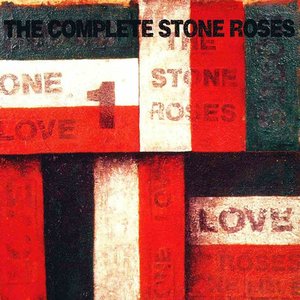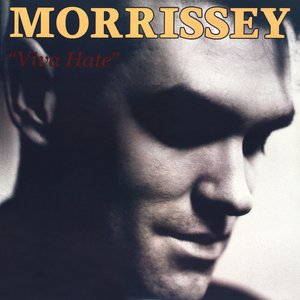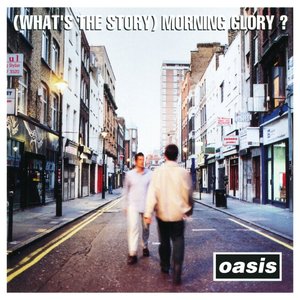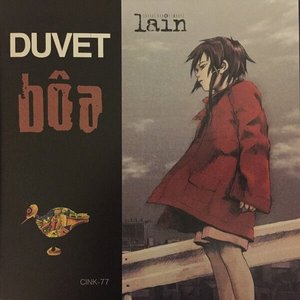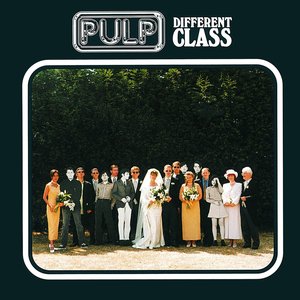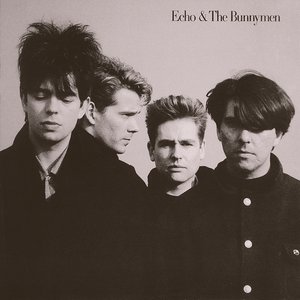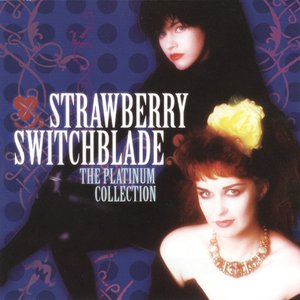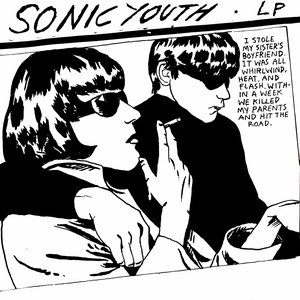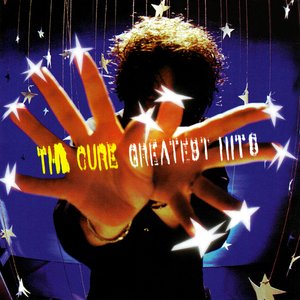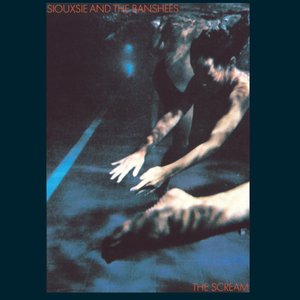Wiki
-
Release Date
16 June 1986
-
Length
10 tracks
The Queen Is Dead is the third studio album by the English rock band The Smiths. It was released on 16 June 1986 in the United Kingdom by Rough Trade Records and released in the United States on 23 June 1986 through Sire Records. The album reached number two on the UK album chart, maintaining a chart residency for 22 weeks, number 70 on the Billboard 200, and was certified Gold by the RIAA in late 1990. It has sold consistently well ever since.
Guitarist Johnny Marr wrote several songs that would later appear on The Queen Is Dead while The Smiths toured Britain in early 1985, working out song arrangements with bassist Andy Rourke and drummer Mike Joyce during soundchecks. After releasing their September 1985 single, "The Boy with the Thorn in His Side" (which is included on "The Queen Is Dead" in an updated, slightly re-mixed version), The Smiths turned to recording their third album. Marr produced the album with singer Morrissey, and worked with engineer Stephen Street, who had assumed the same role on the band's previous album "Meat Is Murder". Street recalled, "Morrissey, Johnny and I had a really good working relationship — we were all roughly the same age and into the same kind of things, so everyone felt quite relaxed in the studio".
At the time the group was having difficulty with their label Rough Trade, which Street characterised as "Rough Trade and EMI trying to sign up everything". Street noted, "But this didn't get in the way of recording because the atmosphere in the studio was very, very constructive." The group recorded "Bigmouth Strikes Again" and "Some Girls Are Bigger Than Others" at RAK Studios in northwest London. After a brief tour, the group recorded and mixed the majority of the album at Jacobs Studios in Farnham, Surrey, during late 1985 and early 1986.
The album's title comes from the name of a chapter of Hubert Selby, Jr.'s cult classic novel "Last Exit to Brooklyn".
"The Queen Is Dead" finally emerged half a year later, in June 1986, and was previewed by the May single release of "Bigmouth Strikes Again", strictly speaking the only single taken from the album. Many encouraged the band to release "There Is a Light That Never Goes Out" as a single, but Johnny Marr is said to have wanted an explosive, searing single, along the lines of The Rolling Stones' "Jumpin' Jack Flash", to announce that The Smiths had returned from hiatus. It did not fare as well as expected, stalling at number 26 on the British charts.
The album is popularly regarded as The Smiths' best album. With its unique blend of musical styles (including jangle pop, British Invasion, music hall, rockabilly and punk rock), it quickly became a British sensation and established The Smiths as one of the biggest bands of their era. Both Morrissey and Marr disagree, however, citing its 1987 successor (and unexpectedly final Smiths LP), "Strangeways, Here We Come", as their peak.
Rolling Stone gave the album a five star rating. Reviewer Mark Coleman remarked on Morrissey's sense of humour and singled out the singer's performance on "Cemetry Gates" as a highlight. Coleman concluded, "Like it or not, this guy's going to be around for a while." Pitchfork Media ranked the album as the sixth best of the 1980s. In 2000, Mojo magazine placed "There Is a Light That Never Goes Out" at number 25 on their list of the 100 greatest songs of all time, while VH2 placed it top of their Top 500 Indie Songs chart. In 2003, "The Queen Is Dead" was ranked number 216 on Rolling Stone's list of The 500 Greatest Albums of All-Time. In 2006 it was named the second greatest British album of all time by NME. In 2006, Q Magazine placed the album at #3 in its list of "40 Best Albums of the '80s".
The song "There Is a Light That Never Goes Out", was a contender for lead single off the album, but was passed over in favour of "Bigmouth Strikes Again". (Later in 1986 it was released as a 7"-only single in France). It received a belated release in 1992, when it became one of WEA's singles in a programme to promote Smiths re-releases
"Cemetry Gates" was Morrissey's direct response to critics who had cried foul over his use of texts written by some of his favorite authors, notably Shelagh Delaney and Elizabeth Smart. Oscar Wilde, who was also accused of plagiarism, figures as a patron saint of Morrissey's in the song's lyrics. A Wilde quote, "Talent borrows, genius steals", was etched in the vinyl run-out grooves of the first single off the album, "Bigmouth Strikes Again". "Cemetry Gates" also has interesting reverberations with fellow English writer Evelyn Waugh's 1948 novel The Loved One, much of which takes place in a cemetery. The novel's main character Dennis Barlow plagiarizes poems by various English poets in his overtures to Aimee Thanatogenos.
"The Queen Is Dead", which leads off the album and notably became an expressionistic music video directed by Derek Jarman, starts with a soundbite from Bryan Forbes' 1962 British film The L-Shaped Room. Another instance of Morrissey's fascination with '60s British cinema, the film featured performances by Pat Phoenix (who had already appeared as a cover star on the 1985 single "Shakespeare's Sister") and Cicely Courtneidge as an elderly lesbian veteran of the music halls. The soundbite is Courtneidge's character nostalgically singing the World War I song "Take Me Back to Dear Old Blighty". The actress had also appeared in a gala performance for Elizabeth II's Silver Jubilee called "God Save the Queen", and died in 1980.
A few songs, including "The Queen Is Dead" and "Bigmouth Strikes Again", feature pitch-shifted backing vocals by Morrissey. Morrissey liked to experiment with effects on his voice, so Street ran his voice through a harmoniser for the backing tracks. Street recalled, "At that time, apart from the harmoniser, he didn't go for much backing vocal or harmony work — he's done that more on recent albums — but he did like to experiment". The backing vocals are attributed to "Ann Coates" on the record sleeve (Ancoats is a district in Manchester, just North East of the city centre).
The album cover of "The Queen Is Dead", designed by Morrissey, features Alain Delon from the 1964 film "L'Insoumis".
Album descriptions on Last.fm are editable by everyone. Feel free to contribute!
All user-contributed text on this page is available under the Creative Commons Attribution-ShareAlike License; additional terms may apply.


